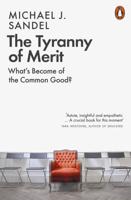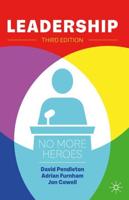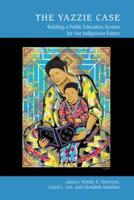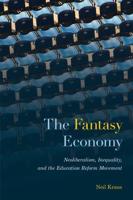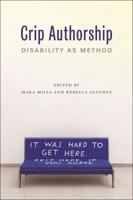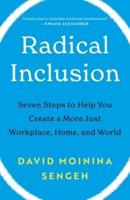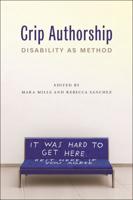Publisher's Synopsis
What should be the role of our institutions of higher education? To promote good moral character? To bring an end to racism, sexism, economic oppression, and other social ills? To foster diversity and democracy and produce responsible citizens? In Save the World On Your Own Time, Stanley Fish argues that, however laudable these goals might be, there is but one proper role for the academe in society: to advance bodies of knowledge and to equip students for doing the same. When teachers offer themselves as moralists, political activists, or agents of social change rather than as credentialed experts in a particular subject and the methods used to analyze it, they abdicate their true purpose. And yet professors now routinely bring their political views into the classroom and seek to influence the political views of their students. Those who do this will often invoke academic freedom, but Fish suggests that academic freedom, correctly understood, is the freedom to do the academic job, not the freedom to do any job that the professor so chooses. Fish insists that a professor's only obligation is "to present the material in the syllabus and introduce students to state-of-the-art methods of analysis. Not to practice politics, but to study it; not to proselytize for or against religious doctrines, but to describe them; not to affirm or condemn Intelligent Design, but to explain what it is and analyze its appeal." Given that hot-button issues such as Holocaust denial, free speech, and the Israeli-Palestinian conflict are regularly debated in classrooms across the nation, Save the World On Your Own Time is certain to spark fresh debate--and to incense both liberals and conservatives alike--about the true purpose of higher education in America. "A vigorous defense of that abstemious understanding of the teacher's task, laced with numerous examples of its egregious violation." --First Things "Exhilarating, the thought polished and white-hot, this book makes the reader think and often wince, especially teachers like me who have aged out of the intellectual into the easy and congenial. A close reading of Save the World should purge much nonsense from classrooms." --Sam Pickering, author of Letters to a Teacher


